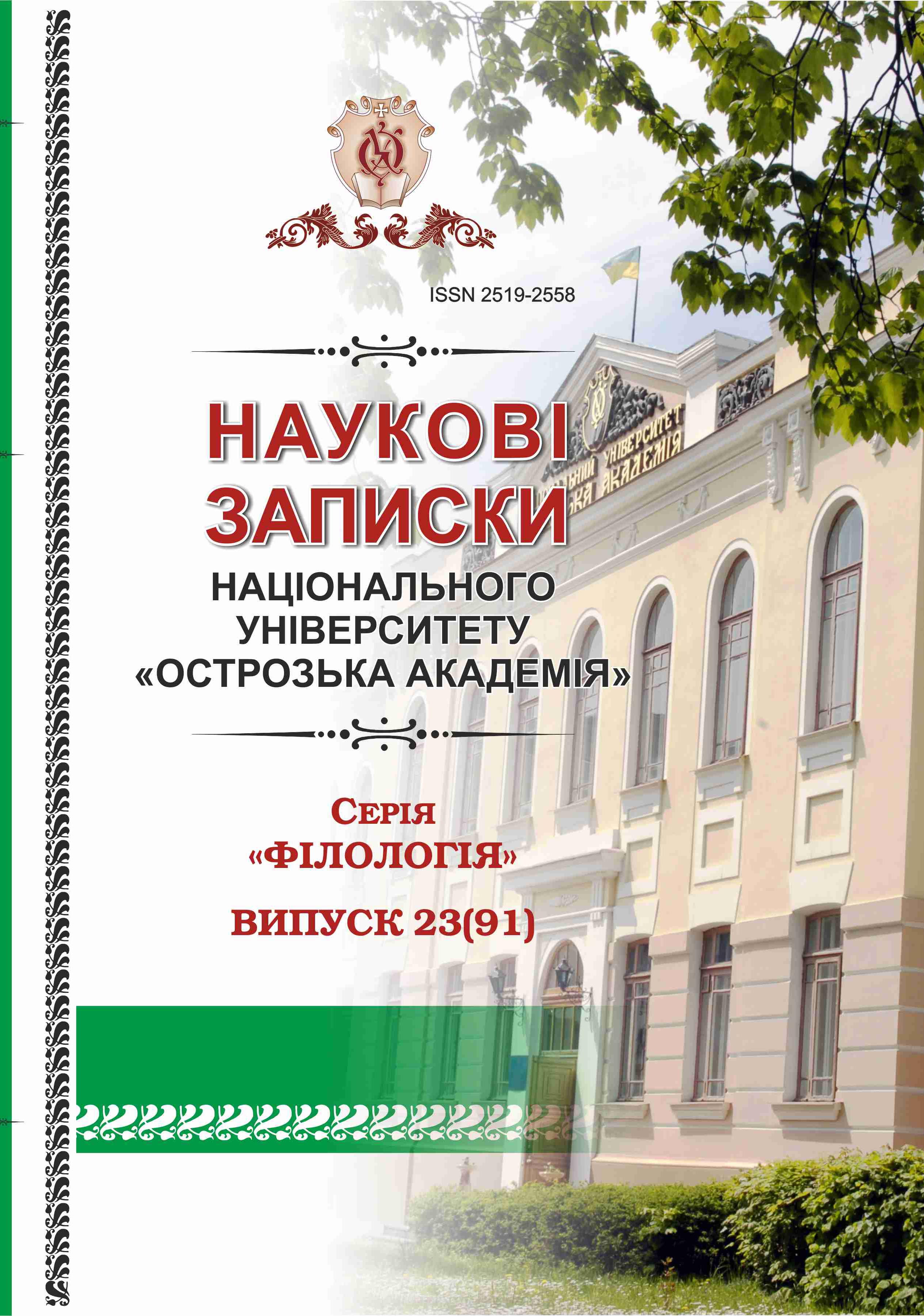NATURALISM AND THE PURPOSE OF APPEAL TO IT IN UKRAINIAN LITERATURE OF THE LATE XIX – BEGINNING XX CENTURIES
Keywords:
naturalism, Ukrainian literature, significance for science, social realityAbstract
In the proposed article it is examined the development of naturalism in Ukrainian literature of the transitional period in the turn of the 19th and 20th centuries and its significance in the context of the society development of that time.
To form the final conclusion, philosophical sources are mentioned that pushed the development of naturalism – positivism, which considered empirical scientific research and experience, devoid from humanitarian interpretations, to be the source of knowledge; rationalism, which proclaimed in the first place – intelligence and logical reasoning in the search of truth; the determination of naturalism phenomena by race, environment and moment; natural philosophy, which recognized natural selection and the survival of the most capable as the basis of human evolution.
An overview analysis of literature works with signs of naturalism is carried out. Such artists of the word are named in the article as Ivan Franko, in whose works various examples of naturalism are presented, covering an important social problem – the poverty of peasants; Stefan Kovaliv, who described in his works terrible cases of neglection of human safety and life in general; Dmitry Markovich, who showed in a story a prisoner who gave his last money to another arrested woman, thus saving her and her child; Anton Shablenko, who depicted in a story all the horror of factory life, the content of which kindled the hatred of workers towards the owners of enterprises.
As a result of the conducted analysis of naturalism in the works of Ukrainian writers, we conclude that naturalism was used as a means of revealing a complex social reality with many insurmountable problems for a person, which ended either with the death of the hero, or with his finding a way out of the situation. Naturalism was also used for a thorough recording of events with their scientific study and factual reproduction. Therefore, naturalism can be considered a source of scientific information for historians, sociologists, ethnographers and other scientists.

